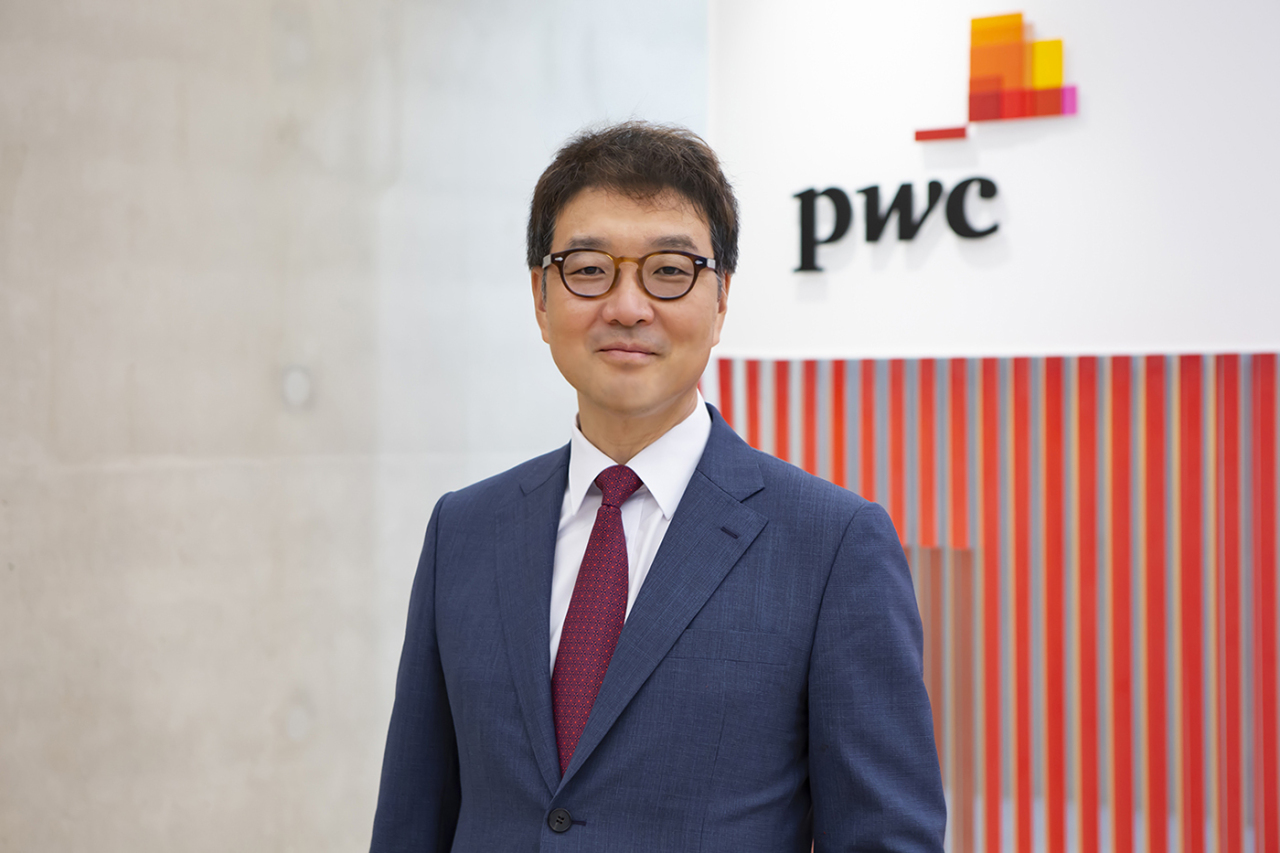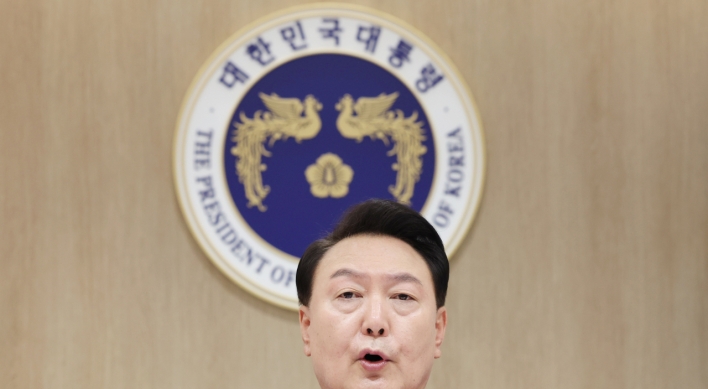[Herald Interview] Accounting alignment a prerequisite for better inter-Korean business ties
Two Koreas may share same culture, but differ in business practices
By Bae HyunjungPublished : Aug. 11, 2019 - 15:31
When inter-Korean relations appeared to be improving in 2018, there were expectations that North Korea would open its markets and South Korean companies would have an upper hand due to their cultural similarities.
But the on-ground situation is different. What is often overlooked is that doing business in North Korea is not as easy as it seems. The accounting system of the long-secluded area is not up to international rules standards, according to a senior accountant with expertise in inter-Korean economic agendas.
“In order for North Korea to achieve economic development and eventually build trust in the global community, it has to reorganize its accounting system in a transparent way that abides by international standards” Lee Tae-ho, a partner at Samil PricewaterhouseCoopers, told The Korea Herald in an interview.
But the on-ground situation is different. What is often overlooked is that doing business in North Korea is not as easy as it seems. The accounting system of the long-secluded area is not up to international rules standards, according to a senior accountant with expertise in inter-Korean economic agendas.
“In order for North Korea to achieve economic development and eventually build trust in the global community, it has to reorganize its accounting system in a transparent way that abides by international standards” Lee Tae-ho, a partner at Samil PricewaterhouseCoopers, told The Korea Herald in an interview.

The senior accountant also serves as leader of the company’s Inter-Korea Investment Consulting Center, a unique private institution that conducts extensive studies on the North Korean economy. It also runs a business management course for corporate CEOs, executives, top-level officials of government departments and think tanks.
“Because our center is affiliated with an accounting firm, many tend to perceive it as a research institute, but it is really one of the most comprehensive institutions regarding North Korea’s capital market and business ecosystem,” Lee explained.
“Our forte in the field of accounting is valuable here as it is the universal language of business that lays the foundation for understanding and communicating with economic entities across borders.”
Lee has published a number of books on related issues over the years. In the most recent tome, “Inter-Korean Economic Cooperation -- Priority on Accounting Alignment,” co-authored with other experts, he underlined that by engaging preemptively to improve North Korea’s accounting system, South Korea could grasp the upper hand.
“(When it comes to economic development road maps,) North Korea has two options, either the Chinese model which prioritizes domestic market growth or the Vietnamese model which chose to attract foreign capital,” Lee said.
“Given the latest developments and the existing special economic zones, Pyongyang is highly likely to lean toward the Vietnamese model, in which case South Korean firms will face intense competition with firms from powerful economies such as the US and China.”
The fact that the two Koreas share a common history, culture and language may be a double-edged sword, the expert added.
“It is true that South Korea has a certain level of advantage (in the North Korean market) due to such affinity,” he said. “But in the end, the feasibility of economic cooperation comes down to accounting, how transparently it is operated and how it conforms to global standards.”
At the core of the differences is the lack of an official tax system in North Korea. The communist regime abolished its tax system in 1974 and instead has various revenues under nontax pretexts, such as transaction proceeds or social insurance fees.
The common prosperity of the two Koreas may only be discussed after South Korean policymakers and investors figure out a way to narrow the incumbent gap in their respective accounting systems, according to the Samil PwC official. The priority should be to bring the North’s state-centered system closer to the International Financial Reporting Standards, he added.
“The introduction of global accounting standards will not only reduce uncertainties for foreign investors, but also enhance the competitiveness of South Korean companies (in North Korea),” Lee said.
After understanding the reality of North Korea’s accounting standards, South Korean companies will be able to dominate the market as an irreplaceable gateway into the North, thanks to the cultural and linguistic bonds.
Lee’s commitment to the North Korean accounting system dates back to 2008, when he first visited Pyongyang and the now-shuttered Kaesong industrial park.
“The deterioration of North Korea’s infrastructure inspired me to kick off an investment task force (which later developed into the current center), starting off by publishing an investment guidebook on North Korea,” he said.
But during Seoul’s two former conservative administrations -- 2008 to 2017 -- inter-Korean relations were visibly aggravated amid Pyongyang’s consecutive nuclear tests and missile launches and the responsive measures, including the shutdown of the Kaesong complex.
Notwithstanding such difficulties, Samil PwC continued to invest with a North Korean focus, looking further into the future, according to Lee. In 2016, the Samil PwC center led the factual survey on the damages of the companies that were forced to withdraw from the Kaesong industrial park.
“The given job was highly demanding, due to the sudden development of situations, extensive number of small-sized businesses involved and the lack of data,” he recalled.
“But we figured that in the long term, a proper assessment of the damages and due compensation would help in inter-Korean reconciliation in the future.”
Even when the situation got brighter in 2018, the institution chose to refrain from excessive excitement, pointing to the persisting challenges ahead.
“Trying not to be carried away by the swing of things, we focused on the negative impact of years-long economic sanctions on North Korea and plausible exit strategies for investors, preparing for the worst-case scenario,” he said.
“Overall, we are hopeful concerning peninsular economic cooperation. After all, misfortune often turns into blessing, and our past negative experience with the Kaesong complex and the fluctuating inter-Korean relations will serve as a valuable and unique reference in the future.”
By Bae Hyun-jung (tellme@heraldcorp.com)



















